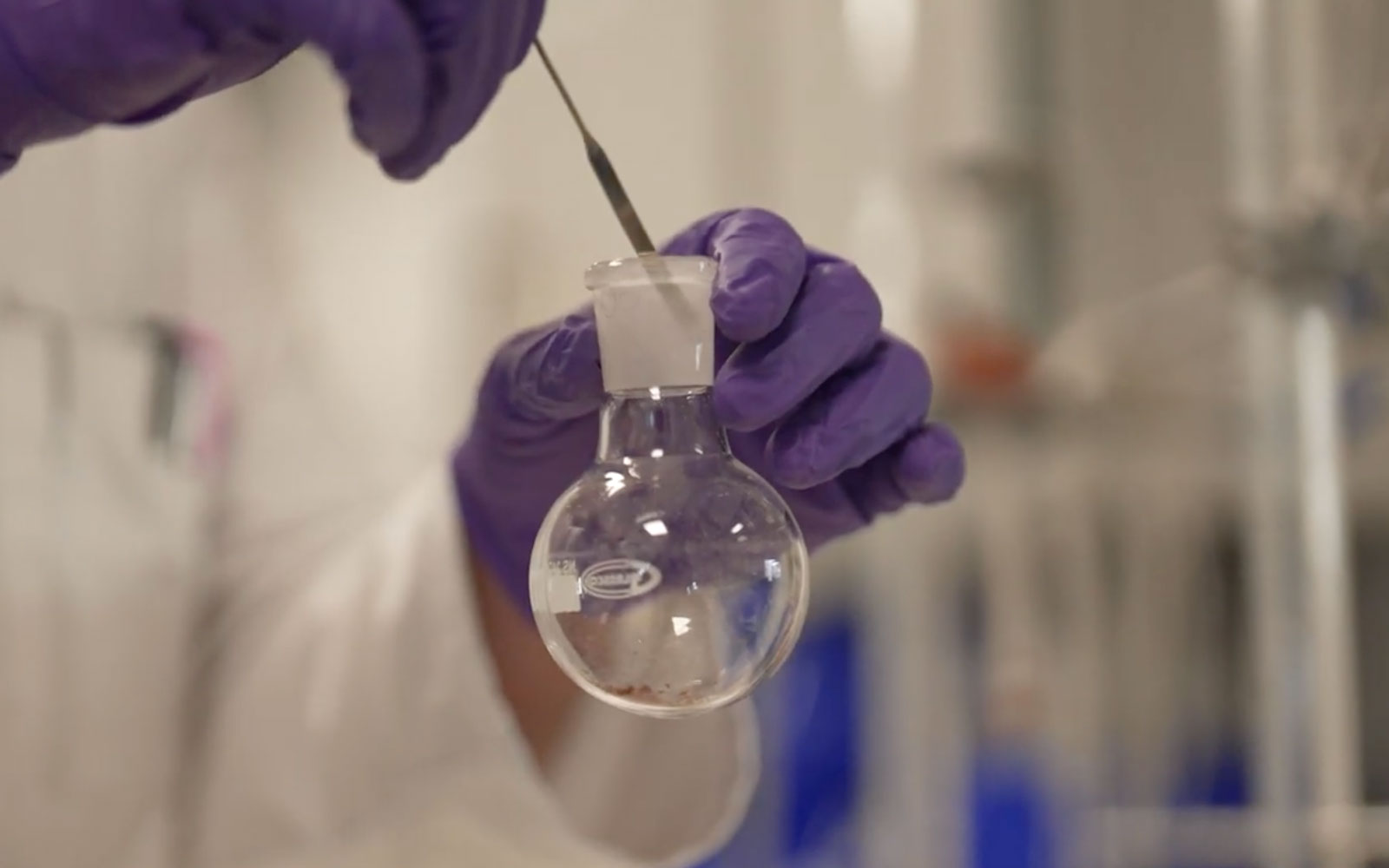Sheffield-based MetalloBio, in partnership with the School of Science and Technology and Medical Technologies Innovation Facility at Nottingham Trent University (NTU), is developing a new class of antimicrobial agent using an innovative inorganic chemistry approach.
The challenge
Antimicrobial resistance (AMR) is a growing global health crisis. If left unaddressed, it’s projected to become the leading cause of death worldwide by 2050, surpassing cancer. Despite the widespread use of over 100 antibiotics, they all stem from just seven families of naturally occurring compounds, and bacteria have already evolved resistance to each of them.
A new approach
MetalloBio’s technology centres on ruthenium-based compounds, originally developed for safe cell imaging by Professor Jim Thomas at the University of Sheffield. These compounds were adapted for antimicrobial use by Dr Kirsty Smitten, whose groundbreaking work led to the founding of MetalloBio in 2021. Tragically, Kirsty passed away in 2023 following treatment for a rare cancer, but her legacy continues through the company’s mission.
Unlike traditional antibiotics, MetalloBio’s inorganic compounds offer a radically different mechanism of action. Their platform allows for extensive variation of the core compound, helping to prevent resistance and enabling tailored solutions for different pathogens. Early testing has shown strong activity against a wide range of multi-drug-resistant bacteria.
Accelerating Innovation with Innovate UK
Innovate UK funding has been instrumental in advancing MetalloBio’s technology, enabling rapid development while reducing the amount of equity investment needed. It has also strengthened the company’s collaboration with NTU and moved the project closer to clinical trials.
Professor Jim Thomas, Co-founder and Chief Scientific Advisor, said:
Innovate UK funding was absolutely crucial for the foundation of the company. Without them we wouldn’t be standing here now talking.
This support is helping MetalloBio progress toward a potentially life-saving treatment that could play a key role in the global fight against AMR.


